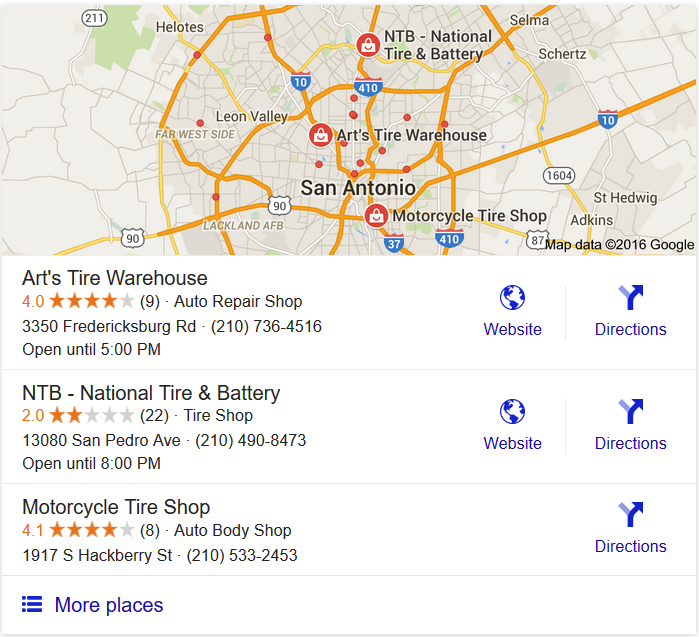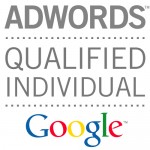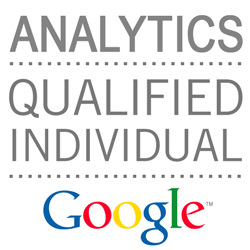What is Local SEO?
Local Search or Local SEO (search engine optimization) is getting a business that sells to a specific geographic area to become visible organically in Google search results. Multi-location businesses and franchises also engage in Local SEO, even if there are hundreds of locations across the United States. Local Search becomes a priority for a business, if important service/product keywords trigger local results.
Google is still the main focus of local search marketing because it tends to be:
- The biggest driver of traffic to most business websites
- As of 2016, Google still had a 64% market share for search engines with Yahoo and Bing owning a smaller percentage.
Local Search encompasses all the disciplines necessary to rank organically for a national business or eCommerce company, but with it’s own set of challenges and an emphasis towards specific regions or markets. For CEM’s Dallas clients, the focus is on Dallas or often, the smaller cities surrounding the Metroplex : Addison, Carrollton, Little Elm, etc. For Lubbock clients, it is much easier to rank organically and locally than in larger cities in Texas. For San Antonio, competition is somewhere in between Dallas and Lubbock for local businesses.
Just as having a physical retail location next to a large competitor can negatively affect sales, visibility can also be negatively impacted online.
The Local Map Pack
There is more to Local search than a map pack, but it is often the focus and an important consideration of any local campaign. The map pack appears for specific keywords determined by Google. Typically, the map pack appears when a user’s intent is to locate a nearby business. This can happen just by a search for a type of local service (HVAC repair) or when a city is included in the search query (San Antonio tire dealers).
Google’s algorithm is complex at understanding when a user wants to see a local pack and even small variations such as whether a search was plural or singular can determine a map pack showing up. For this reason, the beginning of a Local Search campaign starts with in depth keyword research, measuring the volume of queries, visibility of a local pack and for what terms it is triggered.
The Importance of Google Maps
In August 2015, Google shrunk the size of the local map pack to only show three local businesses when triggered. Other changes were greater importance in proximity of the business to the search user and a greater reliance on keywords in the domain and name of the business affected rankings. It literally changed the game overnight. It’s clear Google is now rewarding small businesses that are focused on building an online brand, those that are specializing in a specific niche, and those that can earn credibility through backlinks and reviews.
3 Big & Juicy Reasons
- A local map pack is sometimes the only way for a local business to rank for highly competitive keywords. An example, search for “diamonds”. For a local jeweler, the only way to be visible for the search query “diamonds” is through a local pack. Organic results are otherwise dominated by national brands.
- A local map pack increases search real estate. Instead of only being able to rank once for an important keyword through the website via organic search, small businesses can rank twice for certain keywords. Research has shown being more visible in Google in multiple places (paid ads, local pack, organic results) increases the likelihood of CTR and hopefully a conversion later on. Ranking #1 is overrated, instead ranking 1st in advertising, 1st in the local pack with reviews and 1st in organic is much better!
- A local map pack stands out in results. Mainly, due to reviews which are orange, contrasting heavily with the mute colors of a search results page. Also, because a local map pack is towards the top and multiple studies have confirmed, consumers prefer shopping at local businesses that have earned positive reviews. Customers are actively looking for the map pack. Try searching for a keyword on a mobile device, and the map pack takes up even more space, often pushing organic results below the fold.
Local Search is More Than a Map Pack
In addition to Google deciding when the map pack should be triggered and for what keywords, Google also determines what keywords deliver localized results and which deliver national results and even a blend of the two. Outside of a local pack, Local SEO is concerned with increasing the visibility of a local business website for the keyword terms that are applicable and that trigger local or blended results. One of more important ranking factors for local visibility is targeted content on the landing page and high domain authority, measured through only credible backlinks. A Local SEO campaign does involve link building, but only when it leads to potential leads. Examples of these links include awards, certifications, associations, scholarships, discount sites, media attention in industry publications and the newspaper, creating online partnerships with companies in the same or complimentary industries and more.
Local SEO has now become dominated by lead referral sites. Search results don’t always leave much opportunity for local businesses. Yelp, Angie’s List and Yellow Pages are typically known by many businesses as paid lead, review and advertising directories. But newcomers Amazon Services, Thumbtack and Homeadvisor also rank highly in search results. Truly, the ways for a business to receive leads is not just limited to Yellow Pages, Google or any other single site. At Cleverly Engaged Marketing, we test, measure and reveal every online opportunity to receive qualified leads. We wrote an article on this very topic in our blog.
Local search is also concerned with reputation. Earning reviews in Google isn’t always the only path to standing out among competition. Many more review sites are becoming destinations. Facebook added reviews to the platform in 2014. Glassdoor is another popular review site for employees.
Local search is all about discovering how customers search for a local service, how they convert and increasing those conversions.
Need More Leads Online?
Take a clever approach to traffic and rankings. At Cleverly Engaged Marketing, work with experienced search consultants that set goals for your business each month and track results.
FAQ: Can Software Do the Trick?
In recent years, a variety of software applications have been created all aimed with the goal of improving the visibility of local businesses. YEXT, Moz Local, ReachLocal, etc all had ambitions of improving a business ranking solely through software. Unfortunately, no software can replace the experience of a local search consultant or the complexity of Google’s ranking algorithm. Think about it, if all it took to rank in local results was a $200 subscription to YEXT, Google would be doing a serious discredit to search users. While CEM does recommend the use of Moz Local software, it is only one small part of a campaign.
Local Search Software also requires an expensive yearly subscription. It isn’t a one time fee, but an expense that needs to be paid every year. However, a local search consultant can do a much better job than software and it doesn’t have to be an expense that needs to be paid forever!
FAQ: Can’t I Ignore Reviews?
Unfortunately a business that ignores reviews will likely have a negative online reputation. More customers are willing to write a negative review than a positive one. Adopting a review strategy protects your business online and helps convert more customers via existing customer feedback.

 Corey is an independent digital consultant for agencies and clients throughout Texas. When he isn't thinking about the internet of things, he is a connoisseur of fine beer, traveling, indie music and is currently learning the bagpipes.
Corey is an independent digital consultant for agencies and clients throughout Texas. When he isn't thinking about the internet of things, he is a connoisseur of fine beer, traveling, indie music and is currently learning the bagpipes.

